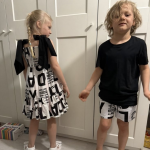Auto-Aggression in Autism
Self-injury and aggressive behaviors are not uncommon in children with Autism Spectrum Disorder (ASD). Let’s explore the characteristics of this behavior.
Aggression is a destructive, motivated form of behavior that contradicts generally accepted social norms. It can cause damage to objects, the environment, and the mental or physical health of an individual. Among these, self-injury in autistic children, aimed at harming themselves, requires special attention.
Causes of Aggressive Behavior in Patients with ASD
Most often, aggression is a response to various unfavorable factors, including frustration, disappointment, stress, and other negative emotions. Self-aggression in autistic children is often associated with their inability to interact effectively with society and the need to release accumulated negative emotions.
Features of Self- and External Aggression in Autism
Types of Aggression:
- Protective Aggression
- Provoking Aggression
Depending on the type of negative behavior, doctors select effective methods for its correction. Defensive aggression arises in response to irritating factors, while provoking aggression may serve as a way to attract attention due to impaired communicative abilities.
Self-Aggression in Autism: A Complex Challenge Requiring Therapeutic Correction
Self-aggression in children with ASD is a form of destructive behavior in which actions are aimed at harming their own health. This often occurs because the source of irritation—a social object—seems invulnerable or unreachable.
In such cases, negative feelings accumulate. Instead of confronting the source of frustration or addressing the factors causing dissatisfaction, a child may resort to self-punishment, self-harm, or self-deprecation.
Examples include:
- Deliberately cutting their limbs
- Pulling out their hair
- Seeking out unsafe situations with high threats to life
In severe cases, this behavior may escalate to suicide attempts. Treatment for self-aggression in autism typically involves a combination of therapies, including psycho- and pharmacological interventions.
Effective Strategies to Address Aggression: Modern Treatments for Autism Spectrum Disorder
Traditional treatments for childhood autism often rely on indirect, vicarious impacts on the brain, which are characterized by low and highly variable effectiveness. A more direct approach to addressing brain function is preferable.
Currently, no surgery exists to directly adjust brain areas responsible for autism and its associated symptoms—except for one procedure: stem cell transplantation.
This procedure stands apart from other methods of treating childhood autism. Stem cell transplantation has a direct impact on the brain, improving its cellular structure. Healthy cells replace pathological ones in areas affected by autism, leading to significant symptom reduction.
The Benefits Include:
- Reduced aggression, including self-aggression
- A calmer, more balanced, and communicative child
- Enhanced ability to learn and engage with the world
What’s more, the results of this treatment can be sustained and even improved over time.
Contact the Mardaleishvili Medical Centre – here, your child will receive the help they need to cope with self-aggression and progress toward overcoming autism.
Autism Treatment Center Videos
Autism treatment with own stem cells
Cord blood association congress
International Quality Crown
Autism Treatment Reviews
Autism treatment with own stem cells
The story of Alessandro (6 years old)
Autism Patient Testimonial - Stem Cell Treatment
Clients Testimonials
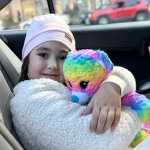
Lidiya — Elina’s mother Read More
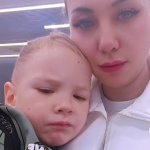
Anna – Sasha’s mother Read More
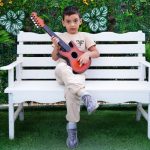
Amirkhon’s father — Tokhir Read More
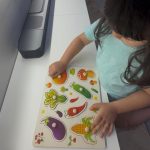
Dilana’s mother Read More
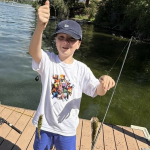
Irina and Stefan – Ilya’s parents Read More
